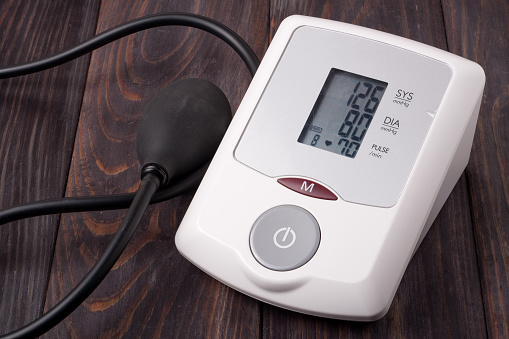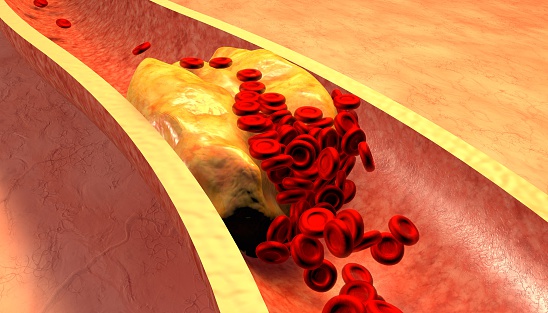Shift work sleep disorder: Sleep and the night shift
Shift work sleep disorder (SWSD) is a condition that affects workers who perform changing shifts or work at night. Nearly 20 percent of the U.S. workforce takes part in shift work, which goes against a person’s natural circadian rhythm. SWSD develops as a result of recurrent sleep disruptions and is most commonly seen among individuals ...click here to read more














